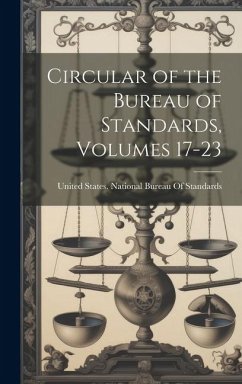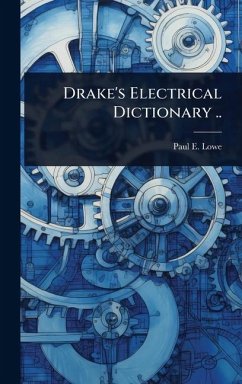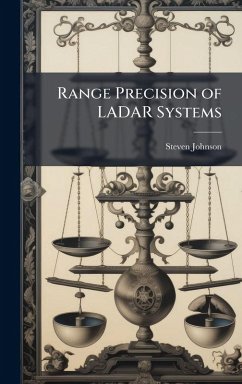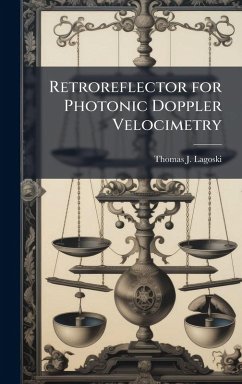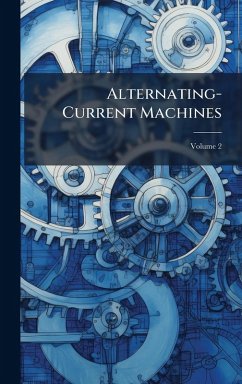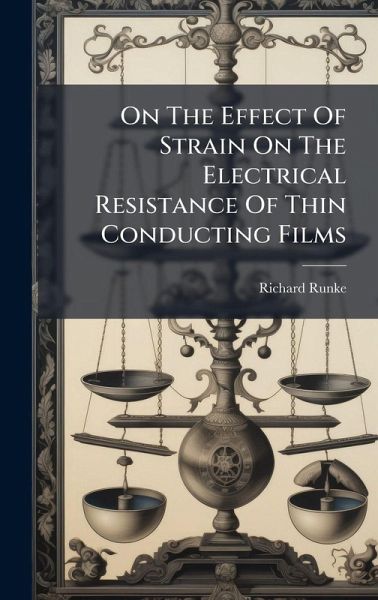
On The Effect Of Strain On The Electrical Resistance Of Thin Conducting Films
Versandkostenfrei!
Versandfertig in über 4 Wochen
28,99 €
inkl. MwSt.

PAYBACK Punkte
14 °P sammeln!
"On The Effect Of Strain On The Electrical Resistance Of Thin Conducting Films" explores the relationship between mechanical strain and electrical resistance in thin films. This work examines how applying stress to thin films affects their electrical conductivity, providing valuable insights into the behavior of materials at a micro-scale. This study will be of interest to physicists, electrical engineers, and materials scientists interested in advanced materials and sensor technologies. This work has been selected by scholars as being culturally important, and is part of the knowledge base of...
"On The Effect Of Strain On The Electrical Resistance Of Thin Conducting Films" explores the relationship between mechanical strain and electrical resistance in thin films. This work examines how applying stress to thin films affects their electrical conductivity, providing valuable insights into the behavior of materials at a micro-scale. This study will be of interest to physicists, electrical engineers, and materials scientists interested in advanced materials and sensor technologies. This work has been selected by scholars as being culturally important, and is part of the knowledge base of civilization as we know it. This work was reproduced from the original artifact, and remains as true to the original work as possible. Therefore, you will see the original copyright references, library stamps (as most of these works have been housed in our most important libraries around the world), and other notations in the work. This work is in the public domain in the United States of America, and possibly other nations. Within the United States, you may freely copy and distribute this work, as no entity (individual or corporate) has a copyright on the body of the work. As a reproduction of a historical artifact, this work may contain missing or blurred pages, poor pictures, errant marks, etc. Scholars believe, and we concur, that this work is important enough to be preserved, reproduced, and made generally available to the public. We appreciate your support of the preservation process, and thank you for being an important part of keeping this knowledge alive and relevant.





